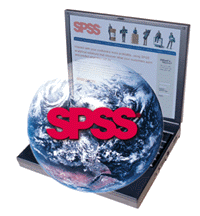Using Excel 2007 to Organize Research References
/After two years of work toward my Ph.D. in organizational science, I’ve conducted numerous literature searches and downloaded quite a few full-text PDFs of research articles—1,374 of them, to be precise. So it’s fortunate that very early in my graduate school experience, I figured out a way to organize all of those files in a manner that I can easily (a) locate, (b) search, (c) sort, and (d) modify. In this short article, I explain what I did and how it helps me stay organized. Then, I provide a downloadable Excel 2007 workbook that you can use in the same manner. To be fair, a number of software programs designed to catalog and store research references and citations exist. I tried to familiarize myself with EndNote, which seems to be a good program for this purpose.
Read More





